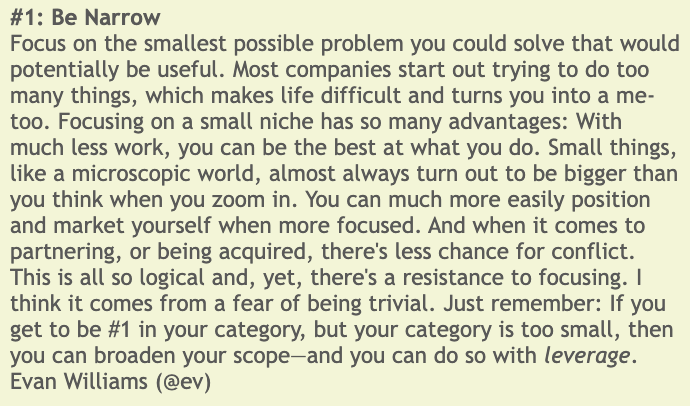
NFT projects I like. A continuous thread.
First things first. Here’s why my profile pic (pfp) is an NFT that I own. @LazyLionsNFT.
https://twitter.com/hnshah/status/1432536122752581635
Tunes is a project that @suhail is involved in. There were daily drops of the NFT instead of a single minting date. It’s a really neat experiment related to music. More info: tunesproject.org 



Fives is a cool experiment for basketball fans. You can mint your team of the best ballers in history for free, just pay gas fees. Mint your own team while you can. More info here: projectfives.com 



"We cooked up this project to make an affordable entry point into the NFT world. Buying a Nugg costs 0.025 ETH. No bonding curves or price tiers."
https://twitter.com/NuggzNFT/status/1436856835928166400
Poems exploring human emotion generated on the blockchain. 5,000 NFT poems available. Free to mint. emoshunsnft.com 







• • •
Missing some Tweet in this thread? You can try to
force a refresh




